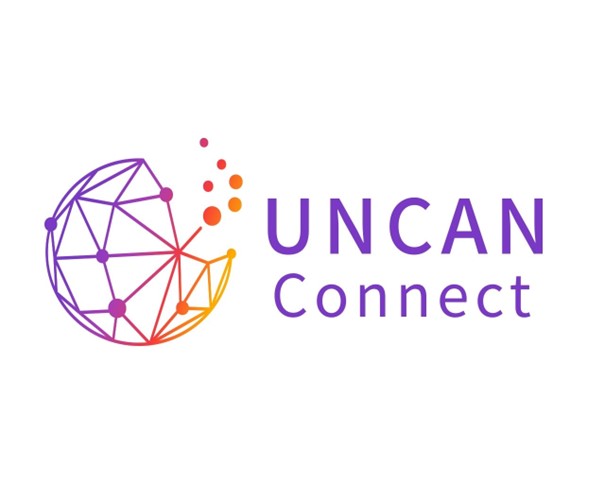New Horizon Europe project UNCAN-Connect
UNCAN-Connect is a Horizon Europe project, founded by the European Union’s Horizon Europe Programme for Research and Innovation actions supporting the implementation of the Mission on Cancer (2021-2027), bringing together 53 organizations from 19 countries with one shared mission: to revolutionize cancer research and innovation through a decentralized collaborative network (https://cordis.europa.eu/project/id/101215206).
The project will run for 60 months, starting on September 1, 2025, and ending in August 2030, with a total budget of nearly €30 million (€29,935,701.50). Coordinated by the University of Tartu (Tartu Ülikool) in Estonia, UNCAN-Connect brings together a strong multidisciplinary consortium across Europe and internationally. The project aims to develop a decentralized collaborative network to advance cancer research and innovation, enabling secure, interoperable, and ethical access to cancer-related health data across the European Union.
The project will operationalise a collaborative framework that addresses both technical and governance components. It will facilitate seamless access to cancer data, promote open science, and revolutionize cancer research and treatment by co-developing an open-source platform - “UNCAN.eu”. The platform will be tested through specific use cases focused on six major cancer types, including paediatric, lymphoid, pancreatic, ovarian, lung, and prostate cancer.
The UNCAN-Connect Consortium, joined by the European Research Infrastructure BBMRI-ERIC, will also collaborate with initiatives such as EOSC4Cancer, CanSERV, and EUCANImage to ensure efficient data sharing, integration, and reusability across Member States. Ultimately, UNCAN-Connect aims to foster interoperability and accelerate scientific progress by supporting open science and strengthening collaboration among researchers, SMEs, patient representatives, public institutions, and citizens - thereby contributing to the EU Cancer Mission’s goal of improving cancer outcomes for all.
A key partner in this project is also the Cancer Biology Group from the National Institute of Biology (NIB), led by Assistant Professor Barbara Breznik. Their contribution focuses on investigating the onset, progression, and metastatic development of lung cancer using advanced cancer models to identify biomarkers and therapeutic targets for precision medicine. Together, the aim is to accelerate progress, improve interoperability, and contribute to better cancer outcomes for all.










